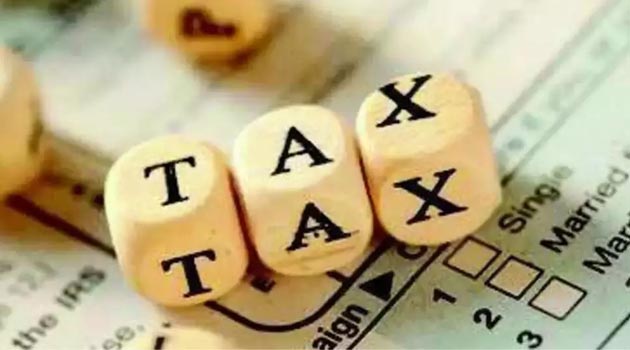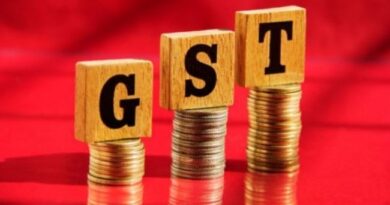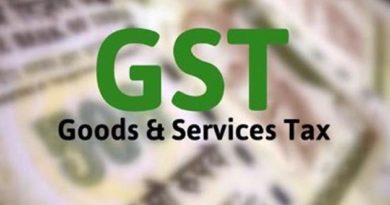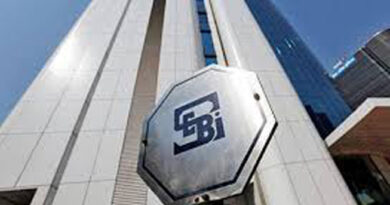What are the tax implications if firms buy back their ESOPs?
In the last two years, a lot of startups such as Razorpay, Udaan, Swiggy and Zerodha bought back the employee stock options (ESOPs) from their employees.
ESOPs are shares, representing ownership in the company , given to its employees at a price lower than its fair value price in the market.
Companies may decide to buy back ESOPs for various reasons including the intention of the promoters to offer liquidity to their employees holding ESOPs, especially in case of unlisted companies which are not available to trade in the secondary market.
Providing liquidity by unlisted companies by periodic buyback of ESOPs is also becoming an important consideration among startups. Controlling the equity dilution in the company could also be another reason why promoters offer buyback of ESOPs.
The buyback of ESOPs is an act similar to buying back of shares by an entity.
Bharath Reddy, partner, Cyril Amarchand Mangaldas, said that the buyback of shares from ESOP shareholders has to comply with the same conditions as buyback from other shareholders.
In case of a buyback, any capital gains on tendering shares to the company is exempt from tax in the hands of investors. Therefore, ESOP holders need not pay any tax on gains made while tendering shares in the buyback.
The exemption is available irrespective of the holding period or whether it is a listed or an unlisted share, as per Neeraj Agarwala, partner, Nangia Andersen LLP.
Note that the employee would have already paid the perquisite tax (difference between the fair market value of share allotted minus amount paid by the employee) on exercising the ESOPs.
The value of shares tendered in the buyback by all shareholders can be higher than the amount set aside by the company for the offer.
Thus, acceptance ratio, which indicates number of shares accepted in a buyback offer by the company as compared to the total number of shares tendered, is one of the key points to consider by an investor.
“As per company law regulations, the acceptance ratio is applicable to all classes of shareholders and would also include shares allotted under ESOPs,” said Agarwala.
Thus, not all shares tendered in the buyback could be accepted by the company. The shares that are sold to a third party or in the secondary market will continue to attract capital gains tax in the hands of the employees.




